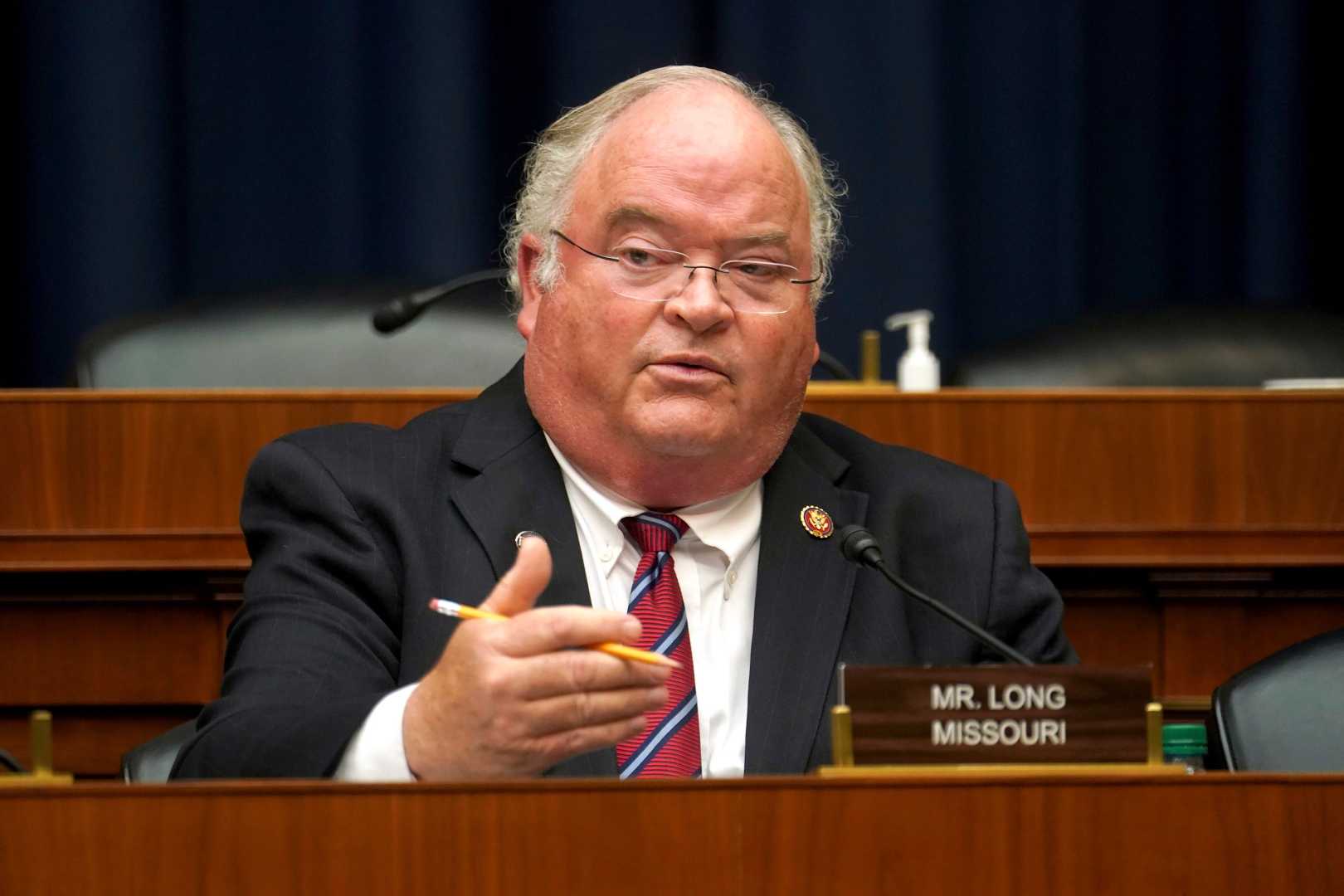Business
New IRS Nominee Advocates Private Sector Solutions for Tax Agency Modernization

Washington, D.C. — Billy Long, President Donald Trump’s nominee to lead the IRS, testified before Congress on Tuesday, emphasizing his commitment to addressing the agency’s challenges in information technology modernization by collaborating with private sector companies.
Long, a former GOP congressman from Missouri, made news in past statements suggesting he would abolish the IRS. However, during the hearing, he stated his intention to draw lessons from the private sector to enhance IRS operations. “We need to take clues from the private sector,” he said. Long, who has worked as an auctioneer, highlighted the effectiveness of large corporations that manage extensive client bases seamlessly.
The hearing also addressed the IRS’s dire staffing shortages, as the agency has reduced its workforce by 20% since March 2022. Senators raised concerns about the implications of these workforce reductions on the IRS’s efficiency and ability to serve taxpayers, with Long acknowledging the need for a comprehensive modernization plan that prioritizes customer service and transparency.
Additionally, when asked by Senator Todd Young (R-Ind.) if he would commit to providing a detailed modernization strategy, Long assured lawmakers, “I want to be held accountable on all of this.”
Despite the session being light on technical specifics, Long assured senators of the necessity to adopt successful practices from large businesses. He noted that the phrase “artificial intelligence” was not mentioned during the session, despite its growing relevance in the conversation surrounding IRS modernization.
Former IRS executives have voiced concerns that the current staff reductions may hinder innovation and productivity within the agency. Long’s approach, should he be confirmed, is seen as a potential step toward stabilizing the IRS amidst ongoing challenges. As the hearing concluded, Long reiterated his belief that utilizing private sector insights might greatly enhance the IRS’s operational capabilities and service delivery.












